The bustling streets of Bangkok, the serene beaches of Phuket, and the cultural richness of Chiang Mai have long made Thailand a top destination for international travelers. Yet, behind the postcard-perfect scenes, the country’s hospitality industry is grappling with an unprecedented crisis—a severe labor shortage that threatens to undermine its recovery from the pandemic’s devastating impact. Hotels, resorts, and restaurants across the kingdom are struggling to fill critical positions, with estimates suggesting a deficit of nearly 100,000 workers. The situation has become so dire that some establishments are turning away guests or reducing services, despite soaring demand.
The Exodus and Its Aftermath
When COVID-19 brought global travel to a standstill in 2020, Thailand’s tourism sector collapsed overnight. With borders closed and occupancy rates near zero, hundreds of thousands of hospitality workers—many of them migrants from neighboring countries—were left without income. Faced with no prospects, they returned home or sought employment in other industries. Now, as international arrivals rebound faster than anticipated, businesses are scrambling to rehire staff, only to find that former employees have moved on. "We lost our entire housekeeping team to factories in Vietnam," lamented one hotel manager in Pattaya. "Now, even with higher wages, they’re not coming back."
The problem is compounded by Thailand’s aging population and a generational shift in workforce preferences. Younger Thais, increasingly educated and tech-savvy, are eschewing traditional service jobs for roles in e-commerce or digital startups. "My parents worked in hotels their whole lives, but I don’t want that," said 22-year-old university graduate Pimchanok Srisurat. "The hours are long, the pay is low, and customers can be rude." This sentiment is echoed across the country, leaving employers with a shrinking pool of local talent to draw from.
Desperate Measures
In response, some hoteliers are offering signing bonuses, free accommodation, and even profit-sharing schemes to attract workers. The Anantara Resort in Chiang Mai recently advertised a front-desk position with a starting salary 30% above pre-pandemic levels, along with guaranteed overtime and language training. Yet applications remain scarce. "We used to get 50 candidates for one job opening," said HR director Somchai Vorapanyasakul. "Now we’re lucky if five show up for interviews."
Others are turning to automation and outsourcing to bridge the gap. Robots now deliver room service in Bangkok’s Novotel, while hotels in Phuket have begun contracting cleaning crews from Malaysia. These stopgap solutions, however, come with their own challenges. "Guests expect the famous Thai smile, not a machine at their door," remarked travel blogger Elena Petrovich after a recent stay. "The personal touch is what made Thailand special—without it, you’re just another tourist destination."
Policy Paralysis
The government’s efforts to address the shortage have been met with skepticism. While officials have fast-tracked work permits for foreign laborers—particularly from Myanmar, Laos, and Cambodia—bureaucratic hurdles and anti-immigrant sentiment persist. A proposed "tourism workforce development fund" to subsidize training programs has stalled in parliament, and attempts to lure back Thai workers from overseas gigs in South Korea or Taiwan have yielded minimal results. "This isn’t just about filling jobs today," warned economist Dr. Viroj Na Ranong. "If we don’t make hospitality careers attractive again, Thailand risks losing its competitive edge permanently."
Meanwhile, the high season looms. With Chinese New Year and European winter holidays expected to bring over 5 million visitors between December and February, industry leaders fear the labor crunch will lead to burnout among existing staff and declining service standards. At the luxury Rosewood Hotel in Bangkok, general manager Thomas Harlander has resorted to personally greeting guests during peak hours. "We’re all wearing multiple hats now," he admitted. "But how long can we keep this up?"
A Crossroads for the Land of Smiles
The crisis exposes deeper structural issues in Thailand’s overreliance on tourism, which accounted for nearly 20% of GDP pre-pandemic. While some see automation and upskilling as inevitable adaptations, others argue for a fundamental rethinking of labor policies and vocational education. "Thailand built its reputation on warm hospitality, not just beautiful beaches," said veteran tour operator Siriporn Srisin. "If we want to keep welcoming the world, we need to value the people who make that possible."
For now, the scramble continues. Job fairs in rural provinces promise bus fares and free meals to entice applicants, while hotels in tourist hotspots quietly compete by poaching each other’s staff. The stakes couldn’t be higher: in a region where Vietnam, Indonesia, and Malaysia are aggressively courting the same travelers, Thailand’s inability to staff its resorts may cost it more than just missed revenue—it could mean losing its place as Southeast Asia’s premier destination. As one weary hotel owner in Krabi put it: "We survived the pandemic. But this? This might break us."

By Rebecca Stewart/Apr 7, 2025

By Sophia Lewis/Apr 7, 2025

By Emily Johnson/Apr 7, 2025

By Laura Wilson/Apr 7, 2025
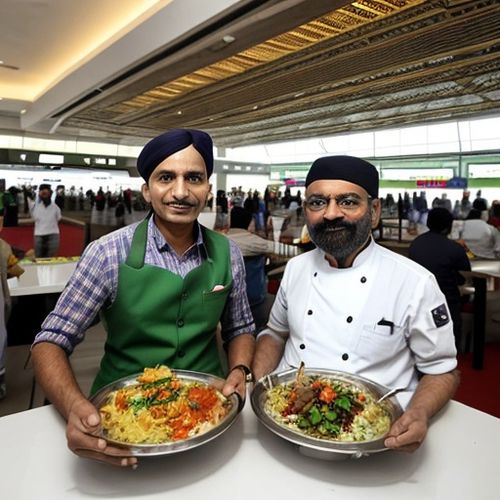
By David Anderson/Apr 7, 2025

By Benjamin Evans/Apr 7, 2025

By William Miller/Apr 7, 2025
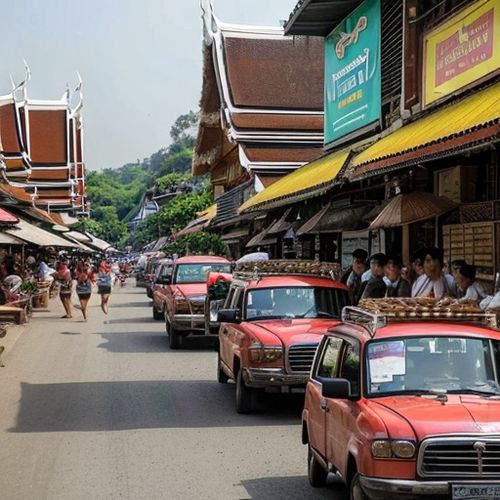
By Emma Thompson/Apr 7, 2025

By Benjamin Evans/Apr 7, 2025

By Noah Bell/Apr 7, 2025
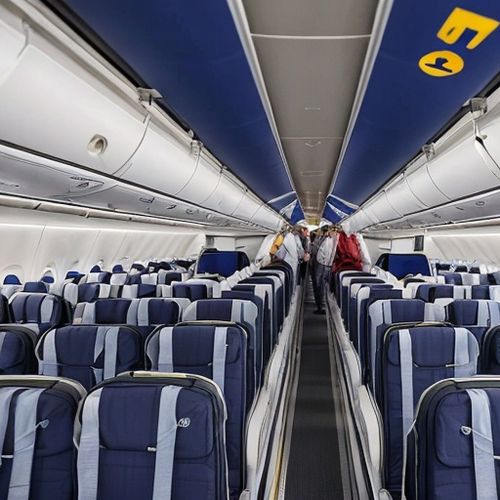
By Elizabeth Taylor/Apr 7, 2025

By George Bailey/Apr 7, 2025

By Olivia Reed/Apr 7, 2025
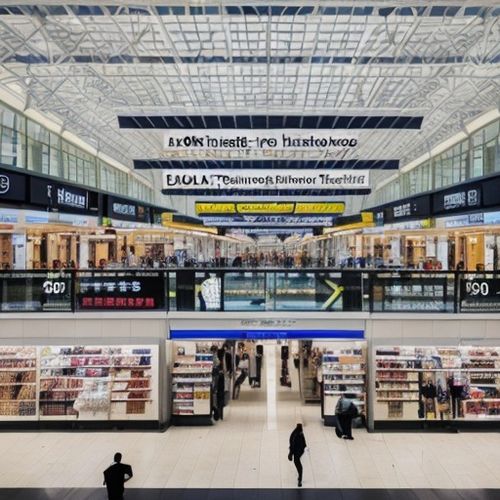
By Ryan Martin/Apr 7, 2025
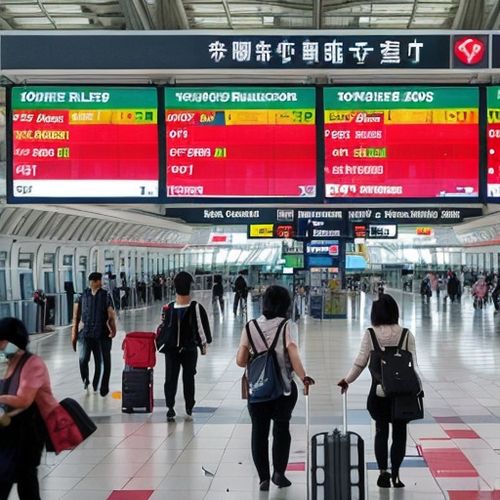
By George Bailey/Apr 7, 2025
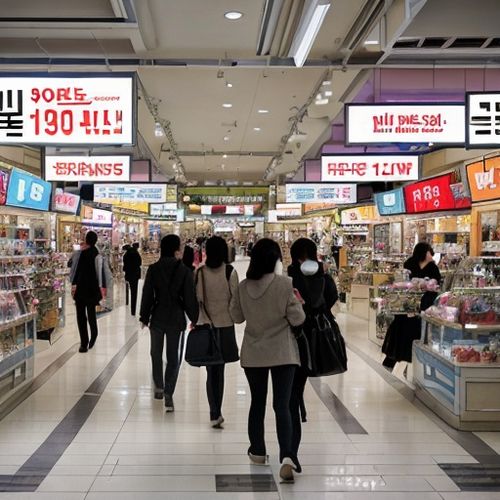
By Laura Wilson/Apr 7, 2025

By Laura Wilson/Apr 7, 2025